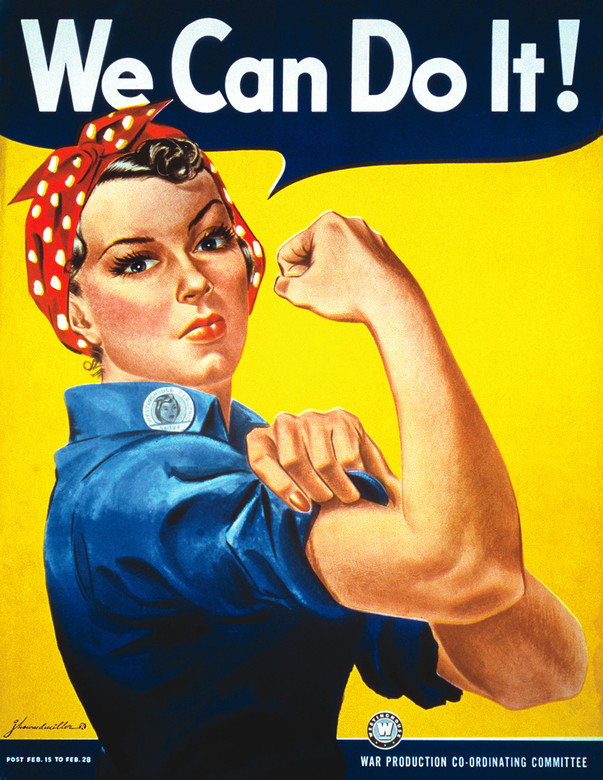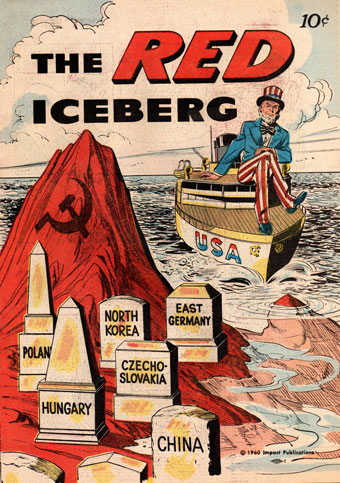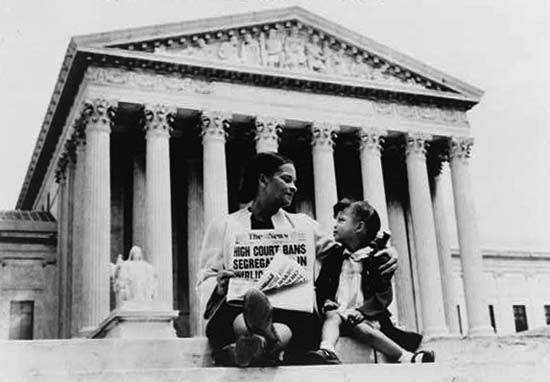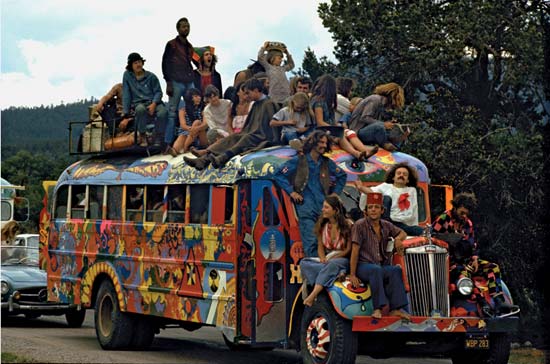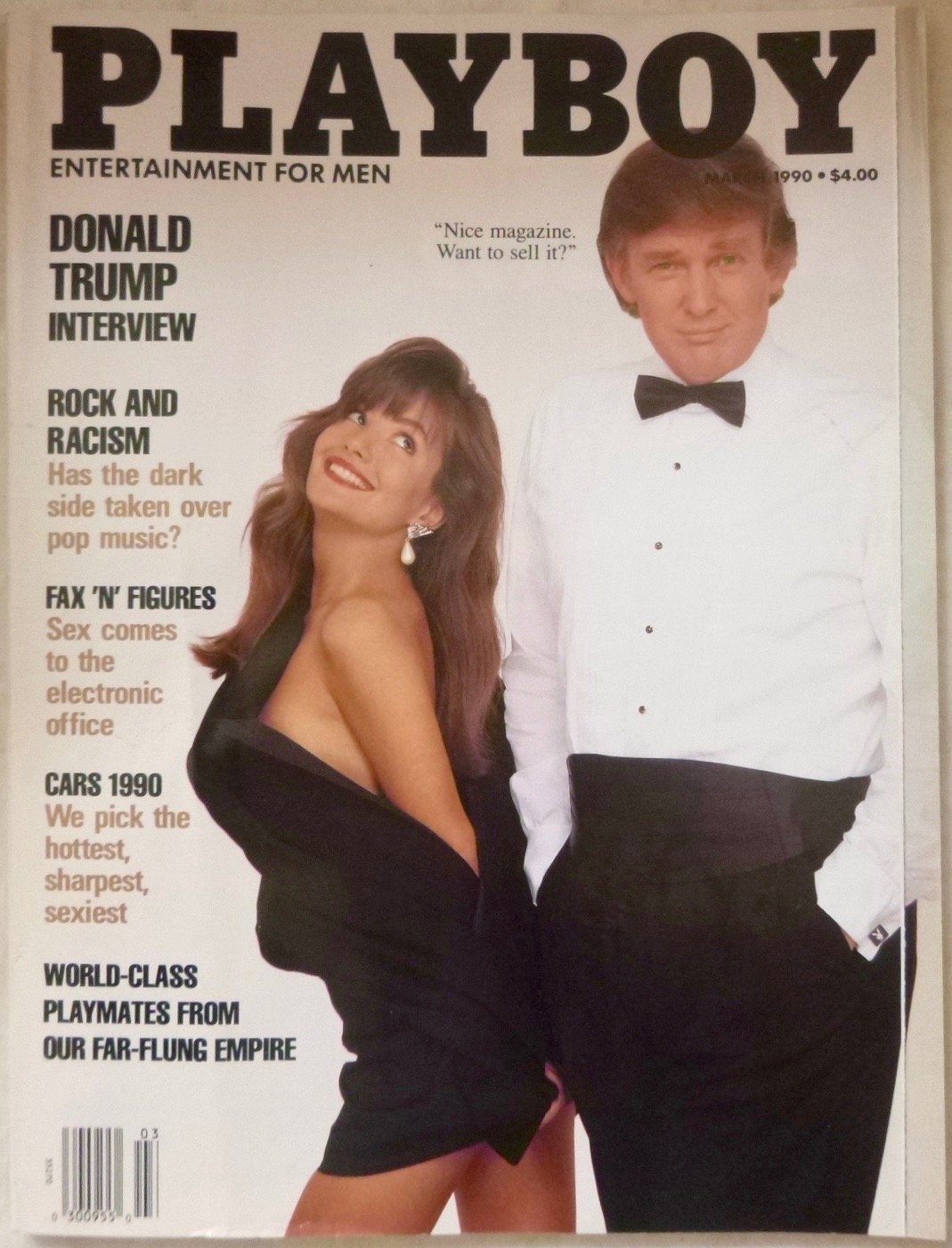Andrea Candidato
The Nile
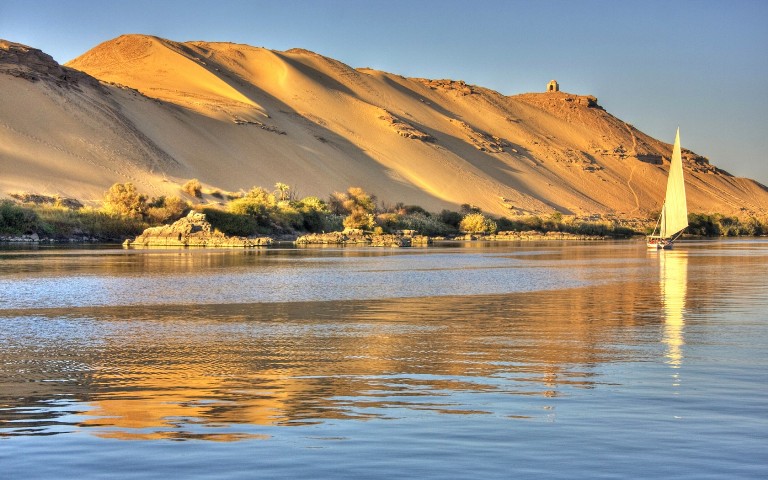
Growing up on the banks of the Nile, I remember the rich history of Ancient Egyptians and how their entire livelihoods were dictated by the behavior of the Nile. Even today, the floods of the Nile are important in providing fertile land for our farmers. Throughout history, the Nile’s foundations have determined the outcomes of seasons and wars.
the pyramids
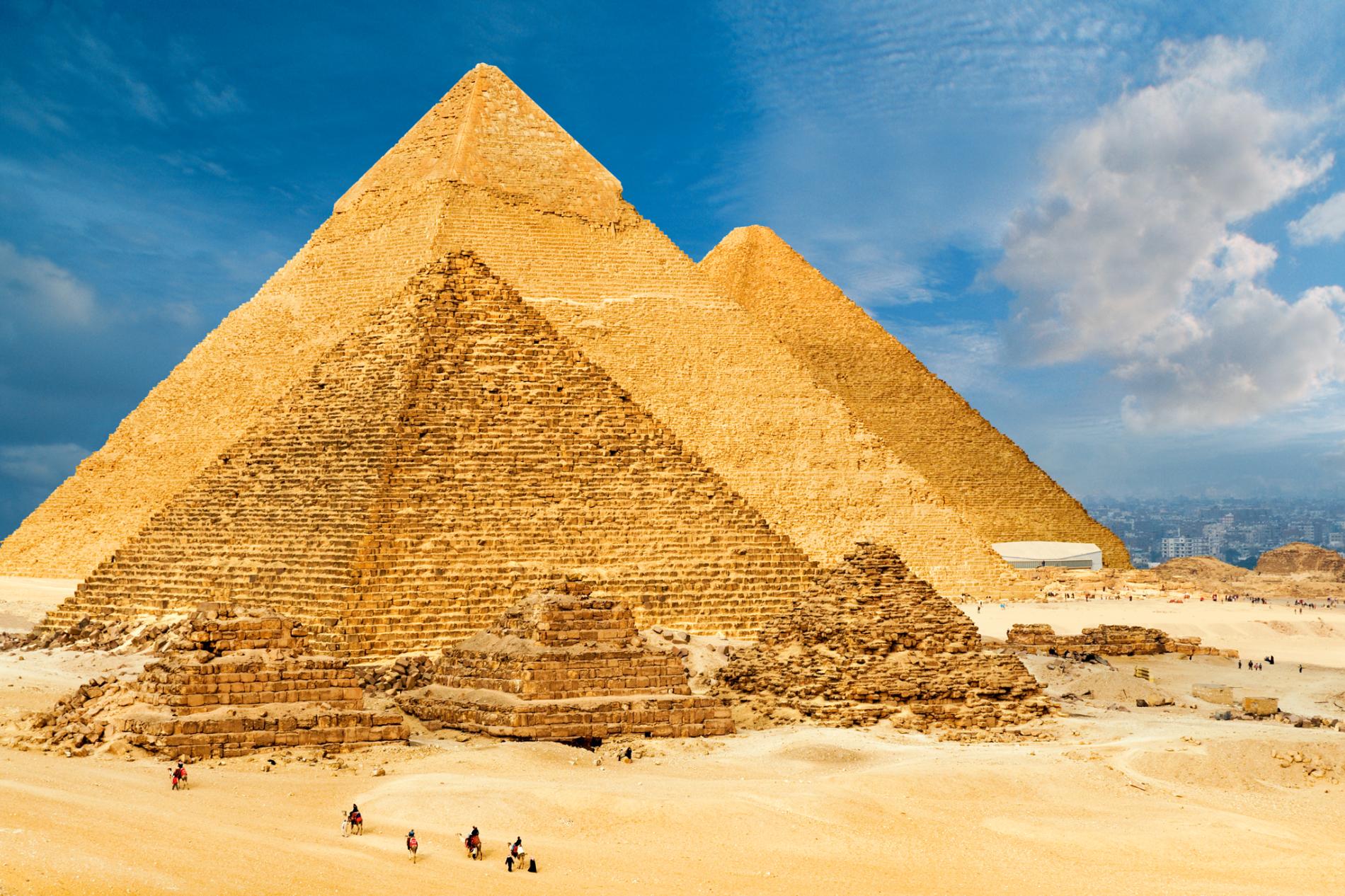
The ancient pyramids, some of the oldest architectural structures in the entire world remind me of the hard work and tenacity of my people. Made to honor the pharaohs of the past in the afterlife, the pyramids represent the spirituality and ardor of Ancient Egyptians. Furthermore, the infamous Pyramids of Giza are a major tourist attraction that is a huge factor in the perception of Egyptian identity to the rest of the world.
tombs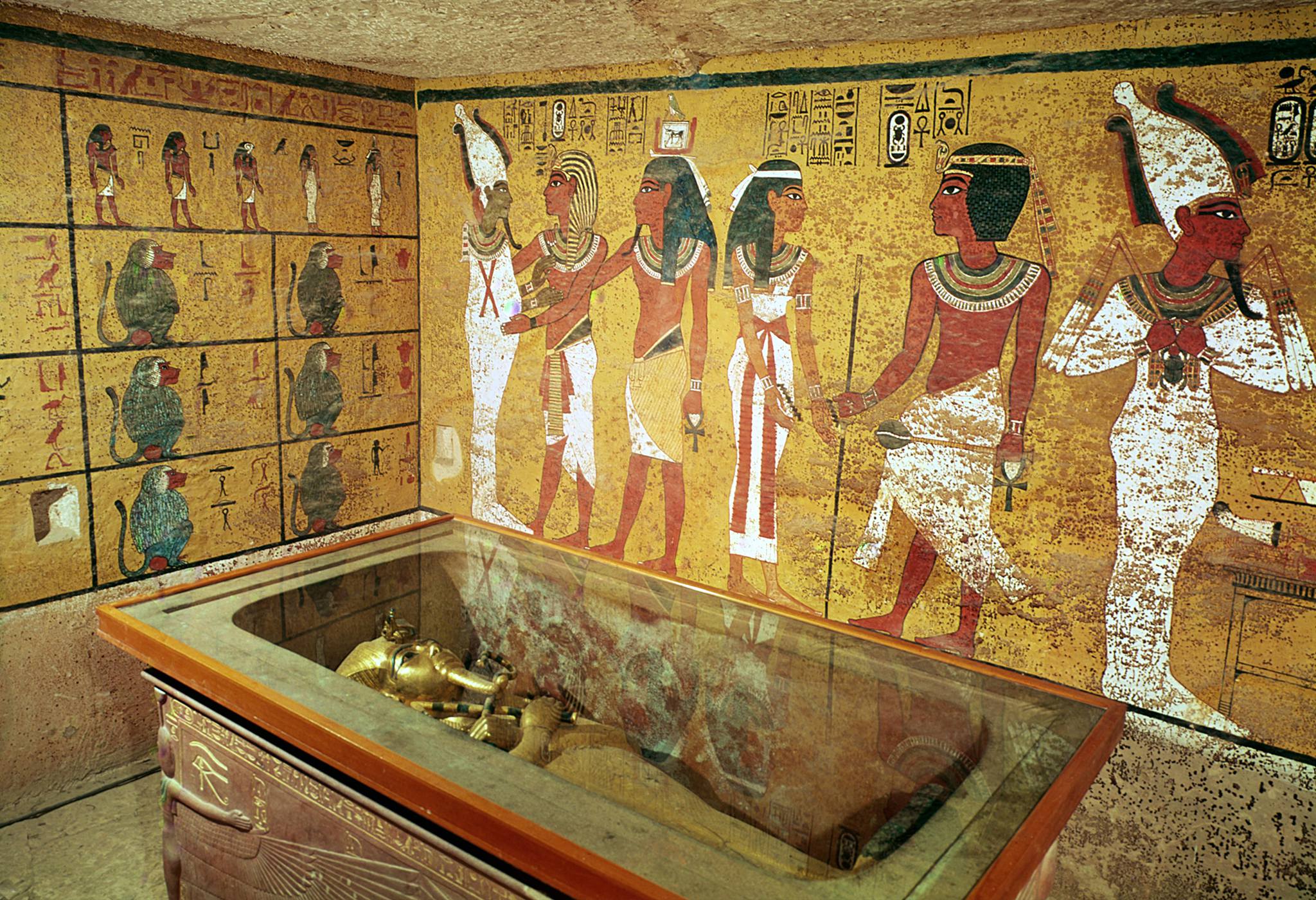
The tombs and cenotaphs that were made for Ancient Egyptians underscore how important the dichotomy of life and death was for my ancestors. While one’s death in the natural world may signify the end for others, for Ancient Egyptians, it only represented the beginning of a new life. Royalty received the best treatment in life and in death.
deities
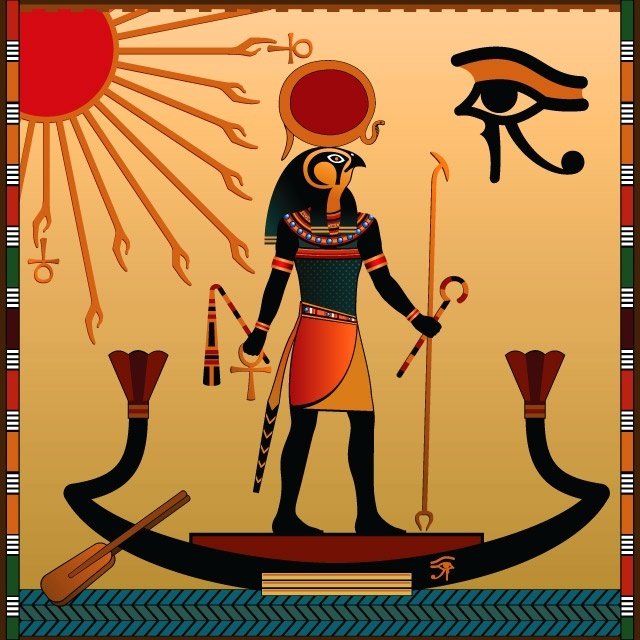
The sun god Ra shows the strong connection between nature and vitality that Ancient Egyptians had. Being one of the earliest religions developed further emphasizes the importance of spirituality for my people. Ra is often depicted holding an ankh, which is an epithet for life and the Sun. The image below further underscores the importance of nature and the weather in religion.
Moses in Egypt
Moses’ presence of Egypt sets up my country as an epicenter for the religions and spirituality that ubiquitous even today. Over a century after Abraham, Jews were living in Egypt as slaves. Moses then led them out of slavery in Egypt and into the Holy Land. This ancient event sets a precedent for religion in Egypt and religion in the Holy Land today. Though I am Muslim, at the end of the day we worship the same God Allah and Egypt’s role in all three of the major monotheistic religions today show that there are more similarities than we give credit to.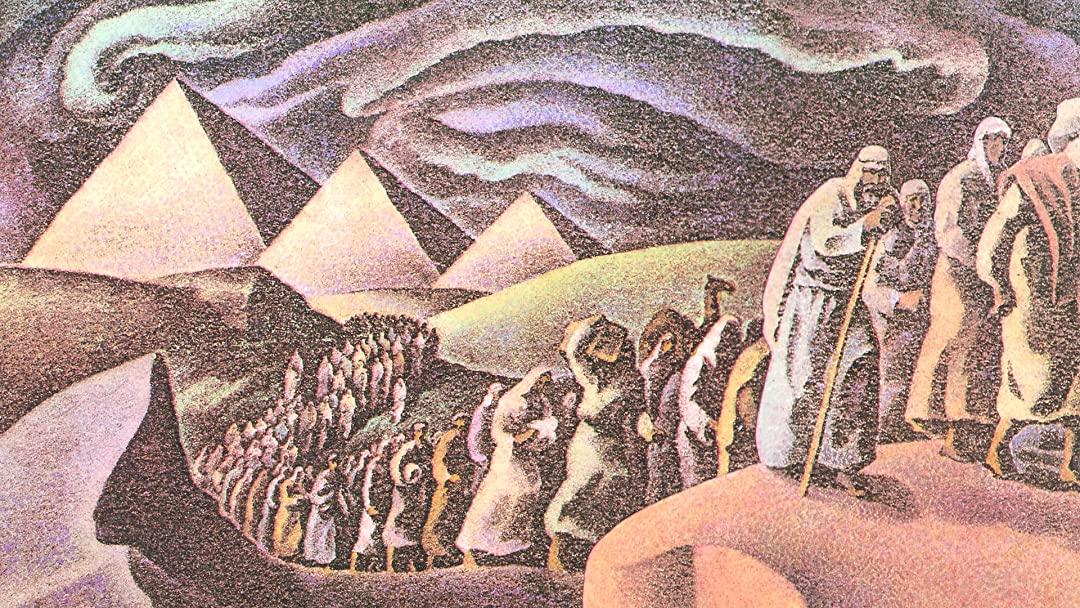
ancient Alexandria
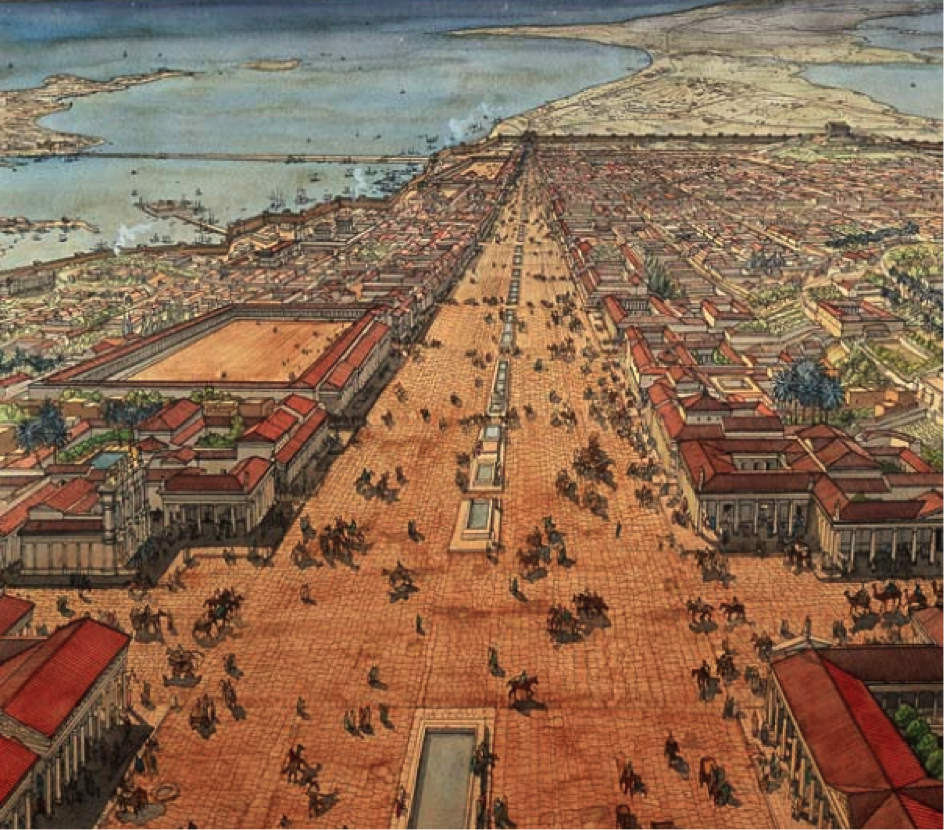 Ancient Alexandria reminds me of how my culture today is a result of many years of foreign influence and innovation. The arrival of Alexander the Great signifies the beginning of the Hellenistic Period in Egypt and the Ptolemaic Kingdom. Though Macedonians were appointed to senior posts, we Egyptians were still allowed to retain our culture. This fusing of cultures led to much innovation and prosperity especially in the city of Alexandria as it became an important port city for Egypt’s economy and had many architectural developments (i.e. the Library of Alexandria, the Lighthouse of Alexandria). The prominence of Ancient Alexandria signifies the importance of ingenuity and culture to me.
Ancient Alexandria reminds me of how my culture today is a result of many years of foreign influence and innovation. The arrival of Alexander the Great signifies the beginning of the Hellenistic Period in Egypt and the Ptolemaic Kingdom. Though Macedonians were appointed to senior posts, we Egyptians were still allowed to retain our culture. This fusing of cultures led to much innovation and prosperity especially in the city of Alexandria as it became an important port city for Egypt’s economy and had many architectural developments (i.e. the Library of Alexandria, the Lighthouse of Alexandria). The prominence of Ancient Alexandria signifies the importance of ingenuity and culture to me.
Fatimid mosques
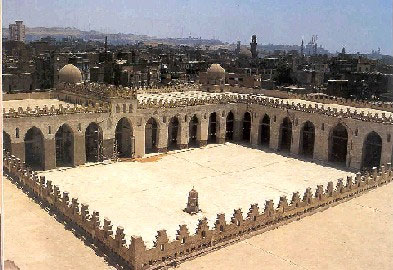
The ancient Fatimid caliphate architecture emphasizes the importance of Islam in my identity as an Egyptian as well as Egypt’s national identity as an Arab state. Many mosques utilized architecture techniques from the east as well as the west and techniques established in Ancient Egypt such as the mastabas. The presence of those same mosques today exhibits the extensive history of Islam in Egypt and the importance of religion in our society.
Muhammad Ali
 Muhammad Ali, otherwise known as the founder of modern Egypt is important for Egypt’s transition into the modern world and into its relationship with Western civilization. While tradition is important to Egyptians, Muhammad Ali engendered a cultural renaissance, political reform, and military campaigns that gave power to Egypt in the international sphere. I believe that in the modern world, we struggle with asserting our identity internationally and it is important to remember rulers like Muhammad who was responsible for establishing an identity outside the Muslim empire.
Muhammad Ali, otherwise known as the founder of modern Egypt is important for Egypt’s transition into the modern world and into its relationship with Western civilization. While tradition is important to Egyptians, Muhammad Ali engendered a cultural renaissance, political reform, and military campaigns that gave power to Egypt in the international sphere. I believe that in the modern world, we struggle with asserting our identity internationally and it is important to remember rulers like Muhammad who was responsible for establishing an identity outside the Muslim empire.
the Suez canal
 The Suez Canal represents the heavy economic, political, and social anglo-french influence on my people in the 19th and 20th centuries. The canal changed the dynamic of global trade forever and the Europeans were benefitting off of its prosperity despite it being located in Egypt. It also played a role in the European colonization of Africa. English occupation would eventually lead to us fighting for our independence and realizing what it means to be a free state.
The Suez Canal represents the heavy economic, political, and social anglo-french influence on my people in the 19th and 20th centuries. The canal changed the dynamic of global trade forever and the Europeans were benefitting off of its prosperity despite it being located in Egypt. It also played a role in the European colonization of Africa. English occupation would eventually lead to us fighting for our independence and realizing what it means to be a free state.
1952 revolution
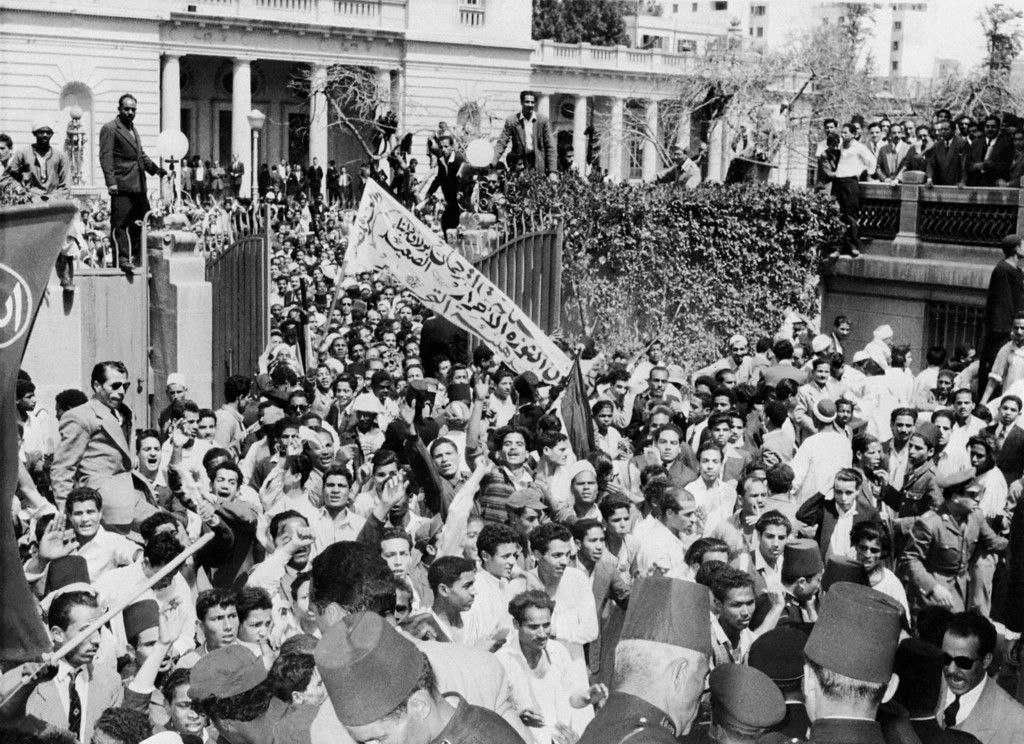 The Egyptian Revolution of 1952 resulted in the abolishment of a monarchy and aristocracy in Egypt/Sudan, the establishment of a republic, the end British occupation, and the independence of Sudan. The revolution underscores the revolutionary spirit of my people and our virtue of independence. Furthermore, it developed an appreciation of the establishment of a republic in the face of a corrupt monarch.
The Egyptian Revolution of 1952 resulted in the abolishment of a monarchy and aristocracy in Egypt/Sudan, the establishment of a republic, the end British occupation, and the independence of Sudan. The revolution underscores the revolutionary spirit of my people and our virtue of independence. Furthermore, it developed an appreciation of the establishment of a republic in the face of a corrupt monarch.
camp David accords
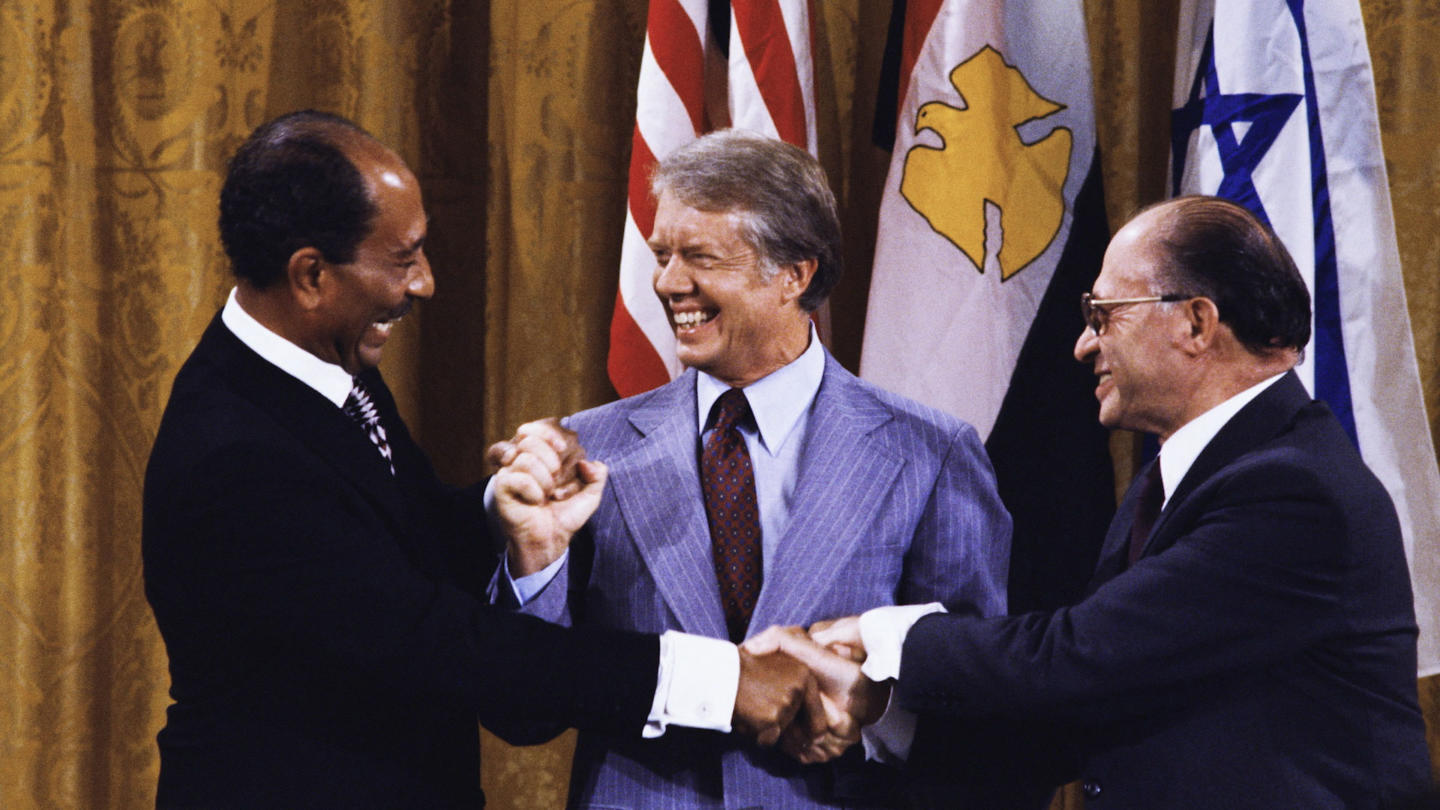 The picture above shows President Anwar Sadat and Israeli Prime Minister Menachem (with U.S. President Jimmy Carter in the middle) after the signing of multiple political agreements for Arab-Israeli peace. This illustrates the emphasis on peace in our national identity regardless of ideology. Despite there being much backlash from my people prior to the signing of the Camp David Accords, this was an important step in the direction of peace and tolerance regardless of religious background. This significant event is emblematic of my pacifist nature and value for spirituality regardless of tedious religious differences.
The picture above shows President Anwar Sadat and Israeli Prime Minister Menachem (with U.S. President Jimmy Carter in the middle) after the signing of multiple political agreements for Arab-Israeli peace. This illustrates the emphasis on peace in our national identity regardless of ideology. Despite there being much backlash from my people prior to the signing of the Camp David Accords, this was an important step in the direction of peace and tolerance regardless of religious background. This significant event is emblematic of my pacifist nature and value for spirituality regardless of tedious religious differences.
Egypt and Saudi Arabia: Arab powerhouses
The image below shows President Abdel Fattah el-Sisi shaking hands with Saudi King Salman. This signifies the importance of Islam as Egypt currently stands as a political powerhouse in the Arab world. The strong relationship between the two Arab political powerhouses will set precedent for their influence in Middle East affairs as they are expected to sign power linkage contracts in May. With Saudi Arabia pledging $7 million for development projects in 2019 and assisting in the development of Egypt’s energy sector, I cannot help but be skeptical and call into question if this is a repeat of history (mirroring the economic developments that took place because of anglo-french assistance) and if any significant political leverage is coming into play. During times like this, it is important to maintain our pride and work on establishing ourselves as a political presence amongst the Arab nations whilst being wary.

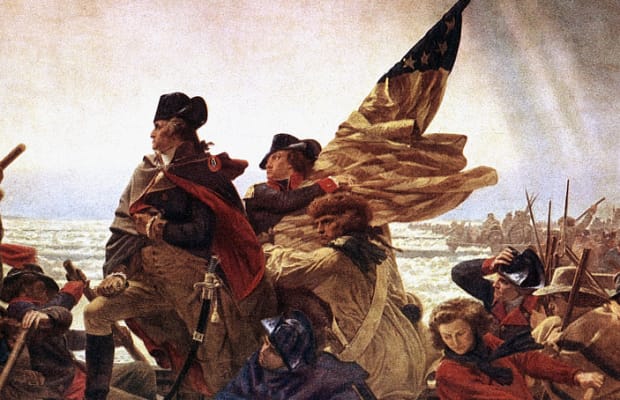
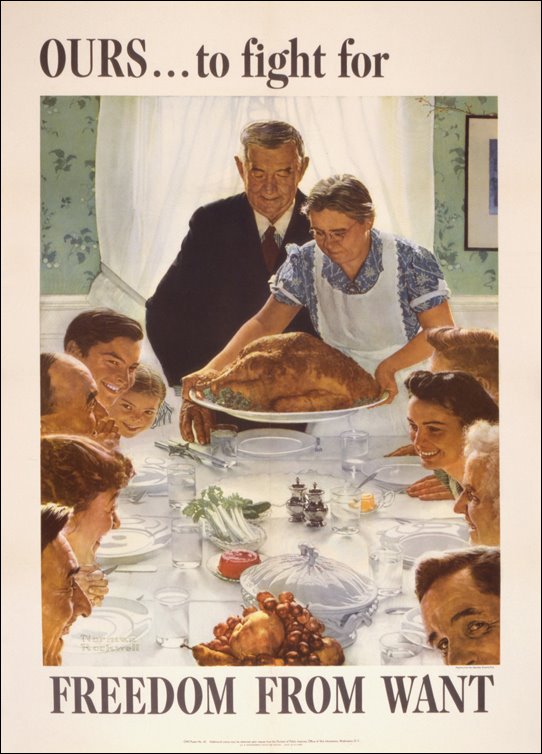 the midst of World War II. It has become an icon for the persistent American spirit in trying times and in the face of adversity. It connects to my personal identity with the importance of family and how despite any hardships that may come my way, my family and the different communities I identify myself within will always be there. However, along with the story of Thanksgiving, there is a myth that constantly reminds me of the bleak hidden history of the US and its relationship with Native Americans. To this day, I have the understanding that the land of the free is not inclusive to everyone even to this day.
the midst of World War II. It has become an icon for the persistent American spirit in trying times and in the face of adversity. It connects to my personal identity with the importance of family and how despite any hardships that may come my way, my family and the different communities I identify myself within will always be there. However, along with the story of Thanksgiving, there is a myth that constantly reminds me of the bleak hidden history of the US and its relationship with Native Americans. To this day, I have the understanding that the land of the free is not inclusive to everyone even to this day.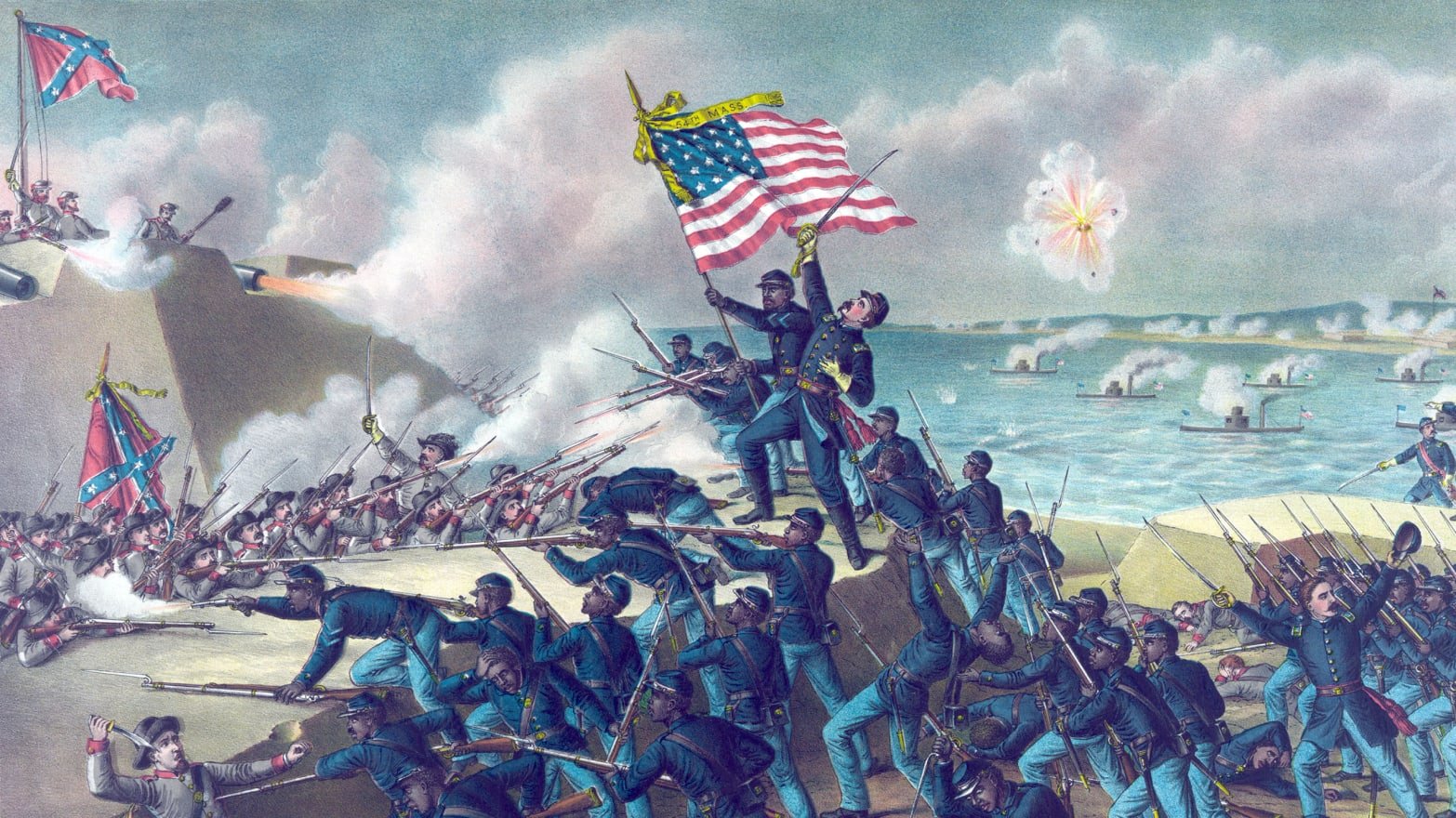
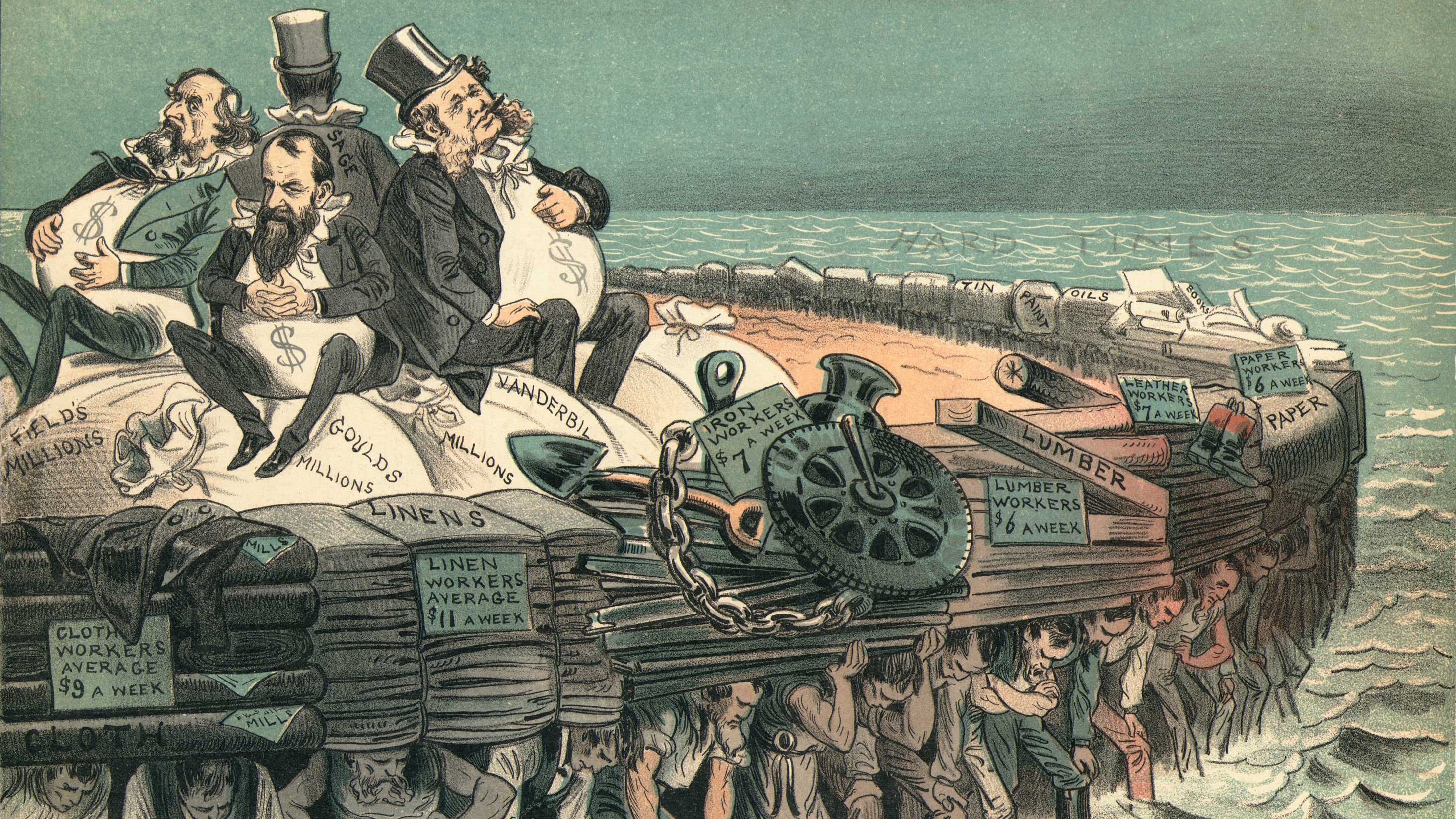
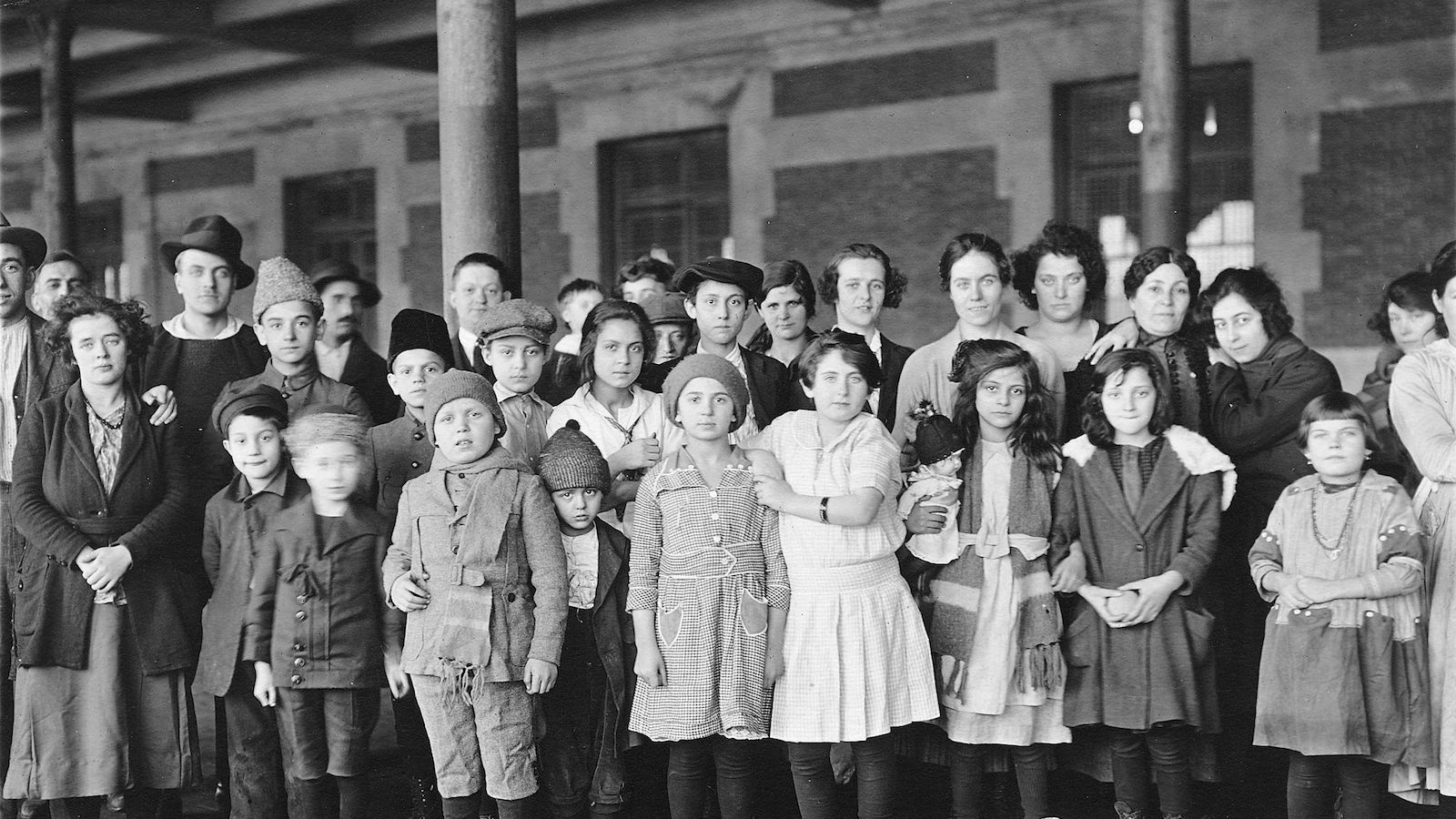
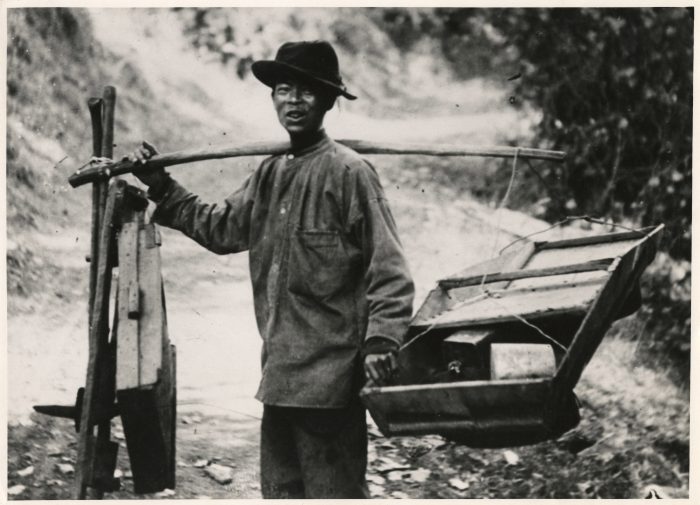 ornia Gold Rush was a time of excitement for expansionists and the mining industry. It also engendered an inundated migration of Asians into America as many of those working were coming from the Pacific. The picture and the California Gold Rush shows how heritage is just as important as nationality to me. Moreover, while hard work is the language of Americans, there was much anti-Chinese sentiment as they were accused of stealing jobs. This sort of rhetoric is still present today and I believe that America should recognize hard work and how people contribute to its overall economic prosperity regardless of heritage.
ornia Gold Rush was a time of excitement for expansionists and the mining industry. It also engendered an inundated migration of Asians into America as many of those working were coming from the Pacific. The picture and the California Gold Rush shows how heritage is just as important as nationality to me. Moreover, while hard work is the language of Americans, there was much anti-Chinese sentiment as they were accused of stealing jobs. This sort of rhetoric is still present today and I believe that America should recognize hard work and how people contribute to its overall economic prosperity regardless of heritage.
